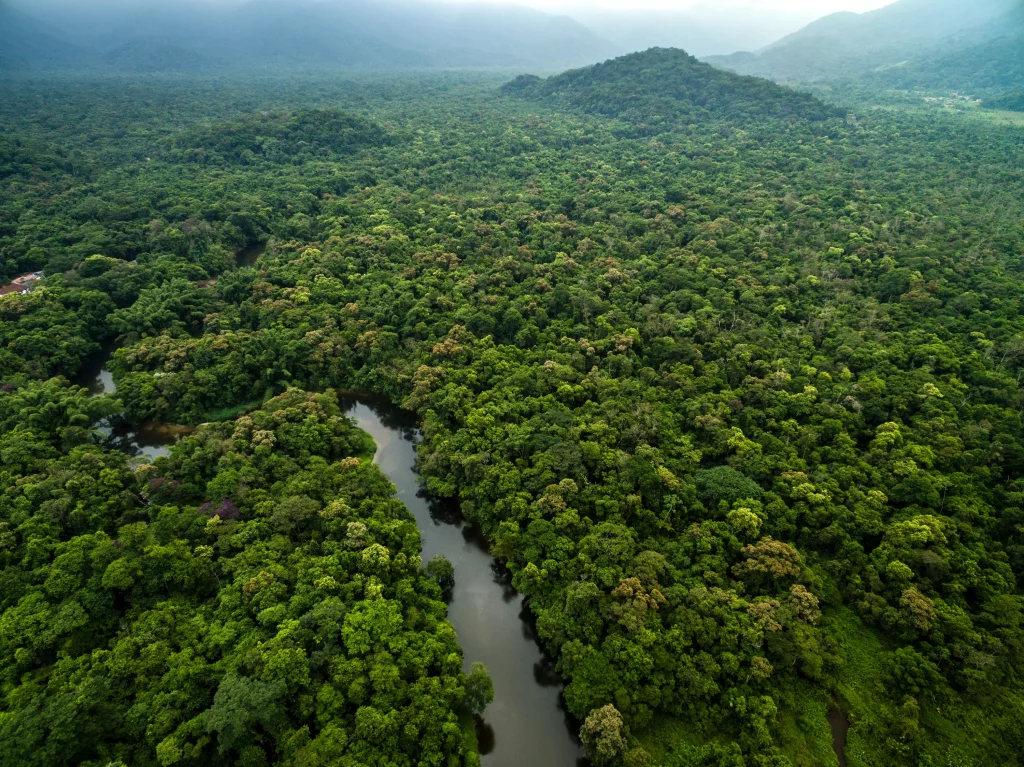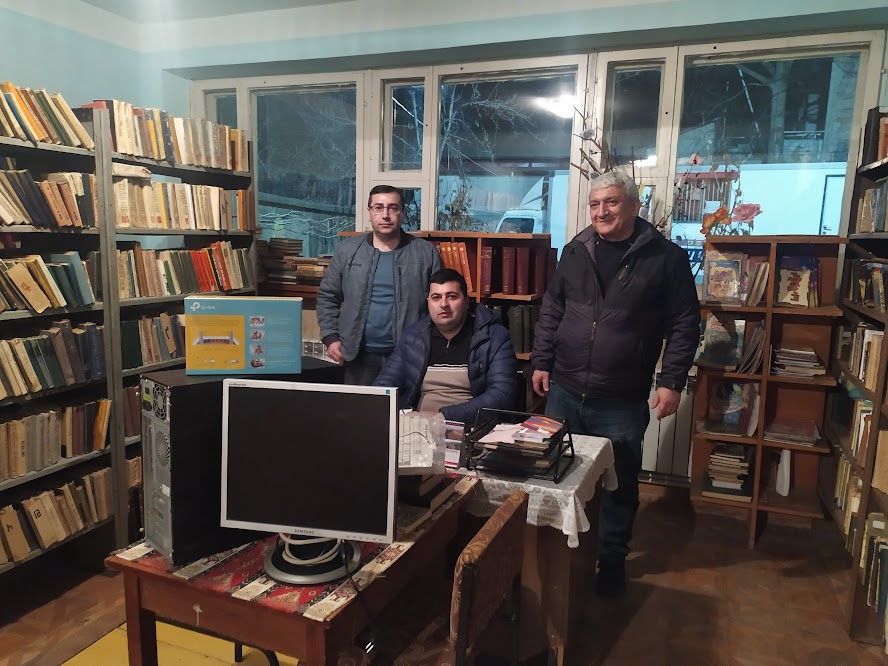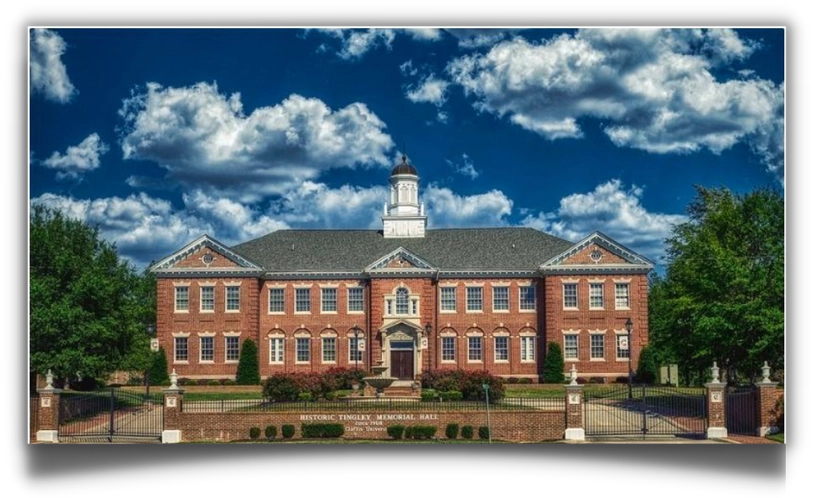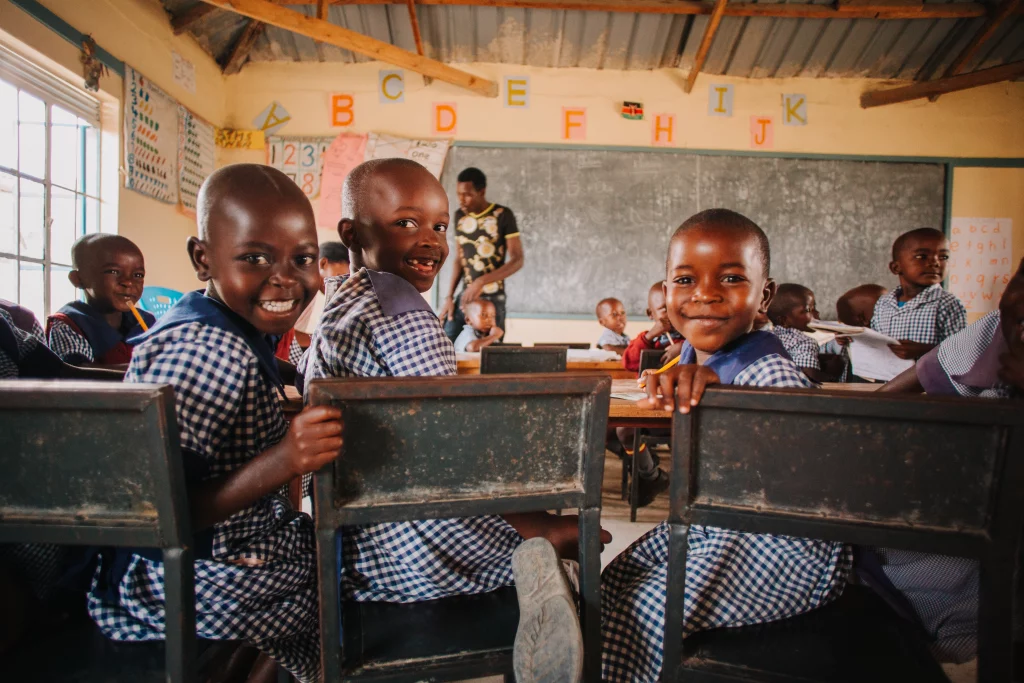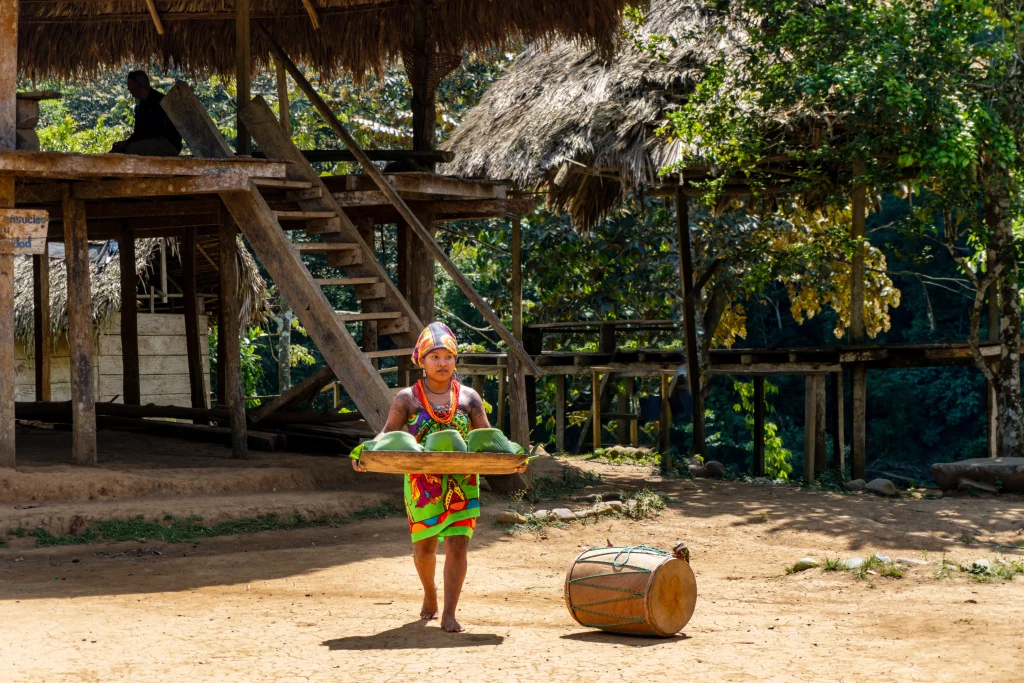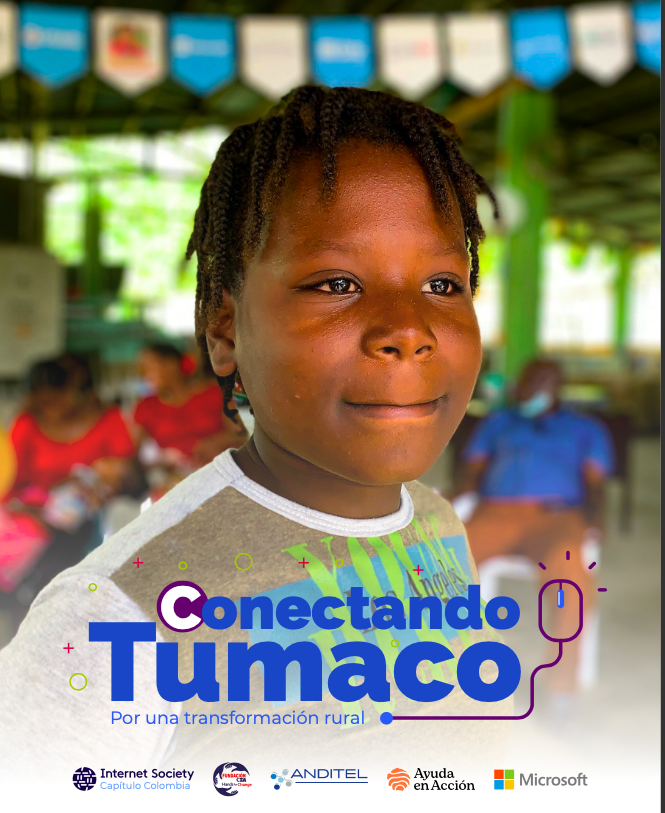OBJECTIVE OF THE PROJECT The project focuses on testing wireless technologies to enhance connectivity for sparse, low-density communities, especially in the Northern region of Brazil, with applicability to other regions as well. It aims to accumulate expertise for deploying various forms of connectivity to achieve quality, affordable, permanent access in these communities. This project aims…
Read MoreOBJECTIVE OF THE PROJECT The project aims to locate self-contained emergency communications trailers in 25 identified major urban areas around the United States to enhance emergency response and preparedness operations, specifically addressing Internet connectivity across all disaster recovery phases. Each trailer is self-sustaining, ensuring the resource remains available for community recovery as long as needed,…
Read MoreOBJECTIVE OF THE PROJECT The project aims to turn rural libraries in Armenia into community Internet centers by providing them with broadband Internet, Internet terminals, WiFi access points, video conferencing devices, computers with pre-installed digitized library software, and digital skills training for the community. WHY IS THIS PROJECT IMPORTANT? There are digital inequalities between…
Read MoreOBJECTIVE OF THE PROJECT The goal of the project is to ensure that communities with Historically Black Colleges and Universities (HBCUs) and their surrounding communities have access to high-speed affordable Internet, and the skills and devices to use it. This project creates a 5G network to support WiFi access points to the end users. The…
Read MoreOBJECTIVE OF THE PROJECT The goal of the project is to bridge the digital divide in Bugala island (Kalangala District in the Central region of Uganda) through the installation of an under-water fiber optic cable and deployment of last-mile technologies such as fiber cables, long-range wireless antennas, and Internet access points in order to provide…
Read MoreOBJECTIVE OF THE PROJECT The goal of the project is to train and guide village level entrepreneurs (VLEs) and village level technicians (VLTs) to deploy Internet connections and maintain/repair the Internet connectivity, especially during disaster situations in rural disaster-prone villages in Karnataka and Kerala. The VLEs and VLTs are specifically oriented toward natural and climate-related…
Read MoreOBJECTIVE OF THE PROJECT The project leverages on the existing KENET broadband network to extend affordable and high-speed Internet connectivity to 20 selected rural-based institutions (schools, hospitals and a public library). The project proposes to use low-cost last-mile radio operating in the unlicensed bands and/or short fibre links from four anchor rural universities in the…
Read MoreOBJECTIVE OF THE PROJECT The Emberá Indigenous Community of Tusipono is located on the shores of Lake Alajuela in Panama and consists of 28 families who have expressed their need and aspiration for Internet connectivity. The project’s main objective is to improve the economic sustainability of the community through the promotion of ethno-tourism and handicraft…
Read MoreOBJECTIVE OF THE PROJECT The project aims to provide Internet access to seven rural communities in the Tumaco region in Colombia, which currently have digital centers that are currently offline. The project will also implement seven community Wi-Fi areas around the centers and strengthen basic digital skills in those vulnerable communities. As a result of…
Read MoreOBJECTIVE OF THE PROJECT This project aims to upgrade and expand three existing community Information and Communication Technology (ICT) Centers that BOSCO Uganda established in 2012, 2014, and 2016. The upgrade also includes deploying new equipment for the ICT Centers such as computers, batteries, and printers. WHY IS THIS PROJECT IMPORTANT? There is a strong…
Read More
